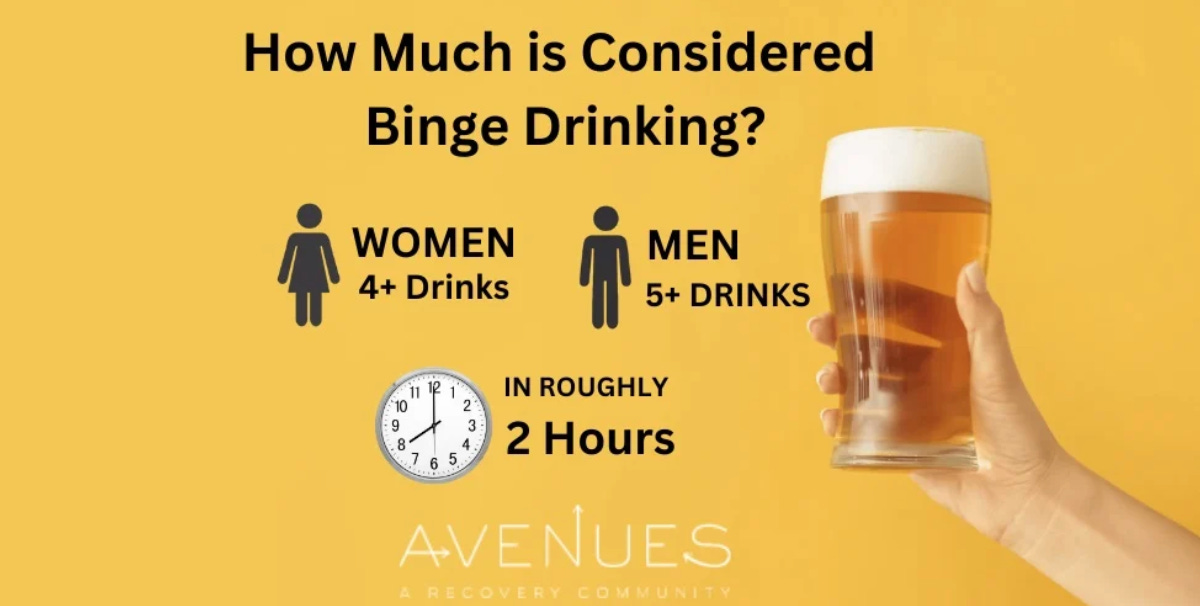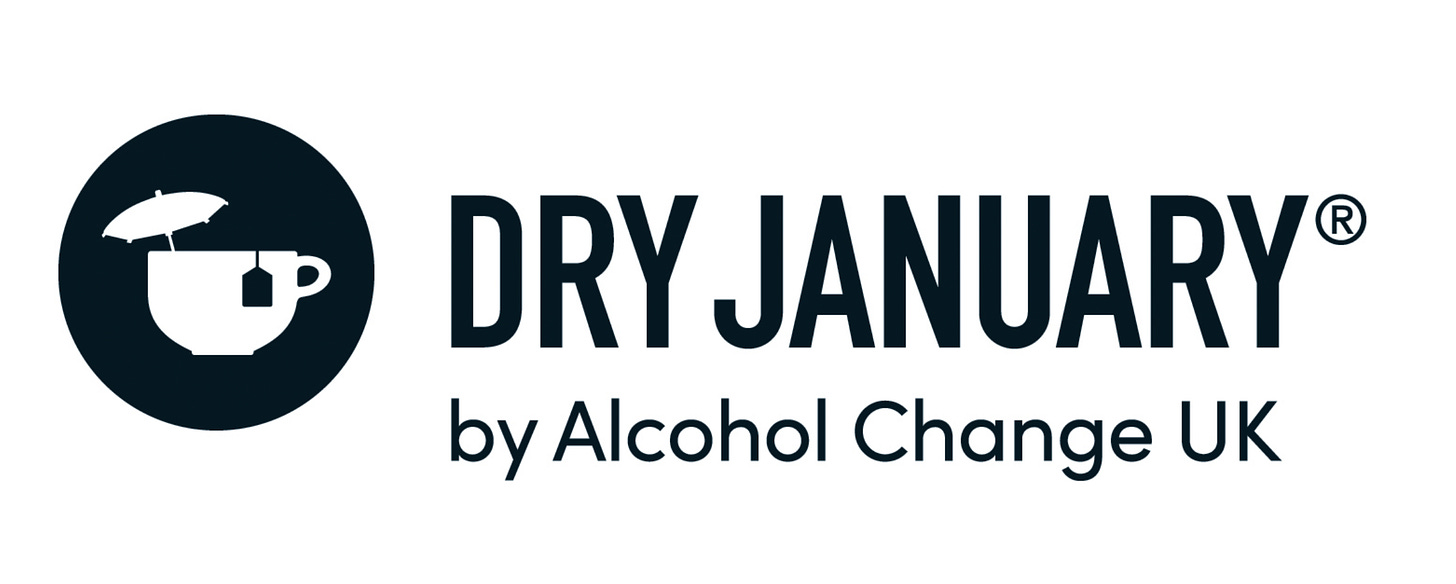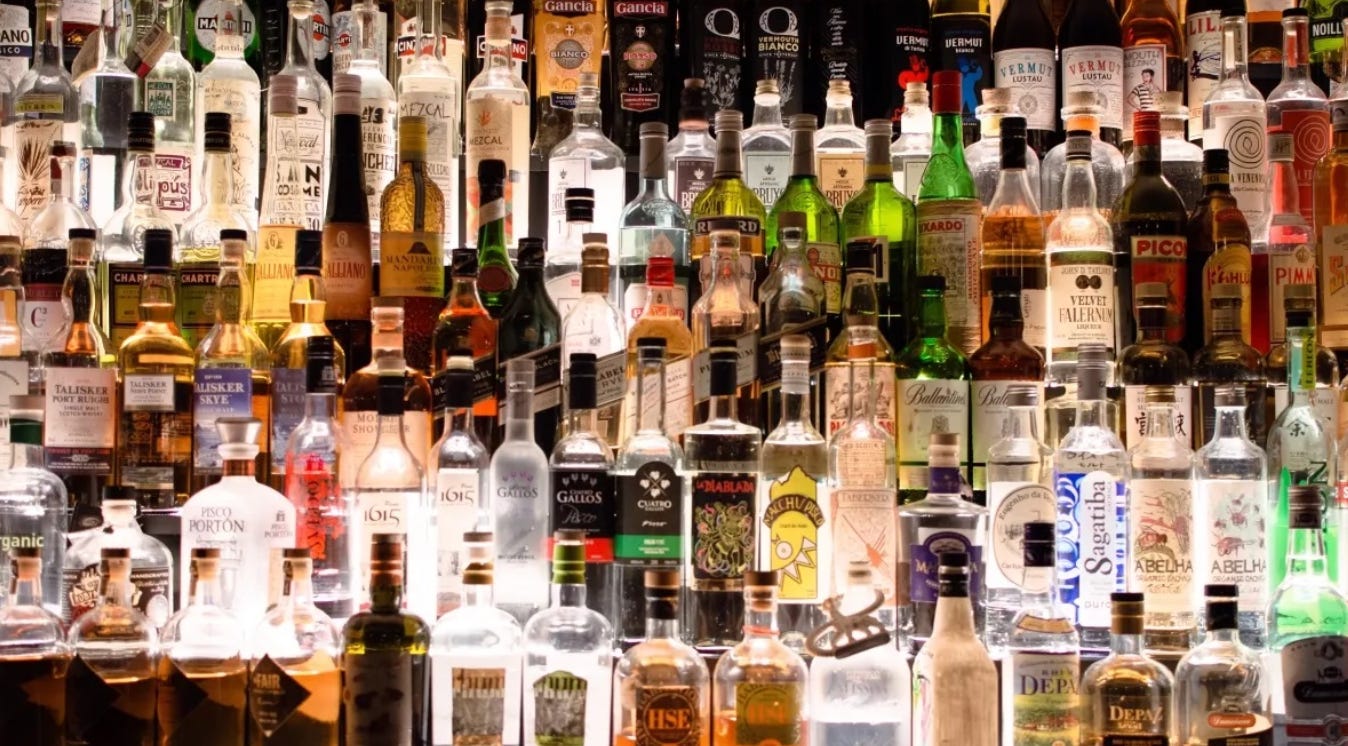Sober Thoughts on Dry January
With Dry January just around the corner, it's time to confront the hard-hitting reality of our binge-drinking culture. Let’s rethink our boozy traditions and raise a glass to healthier habits instead!
Dry January is a refreshing start to the new year, but it is also a time for a sobering reflection.
How many Irish people will wake up on the first of February with sore heads after going out on the lash to celebrate a Dry January? It’s alarming to think how anybody would intentionally get drunk as a ‘reward’ for having abstained from alcohol for a month. Yet, many do it…
There are plenty of health benefits from a Dry January—such as losing weight, sleeping better, and a reduction in blood pressure and cholesterol levels. Also, alcohol is a depressant, so staying off the booze can help heavy drinkers significantly improve their mental health. And let’s not forget, it also gives your liver a well-deserved break too.
But a Dry January should equally be about using this time away from booze to reflect on your own bad drinking habits too. There is a real danger of heavy drinkers convincing themselves that abstinence for a month every year is irrevocable proof that they don’t have a problem.
The fact that you can stay off alcohol for four weeks might suggest that you are not an alcoholic, but it certainly does not necessarily mean you don’t have a problem with the demon drink either.
It is alarming to think that only 3% of us Irish considered ourselves to be heavy drinkers, according to a 2016 survey. I’m sorry to break the news—but if you binge drink regularly, you have a problem.
I’d be the first to hold my hand up here. I never had a problem with staying off the booze for prolonged periods, but I would usually binge-drink whenever I touched the stuff. In my case, as the song by country music star Carroll Baker goes, one is one too many and a thousand is not enough—which is certainly also the case for much more than 3% of us Irish.
You only need to consume six units of alcohol to be classified as a binge drinker, which doesn’t sound like a huge amount when broken down. One unit is approximately half a pint of average-strength (4 per cent) lager, or a 125ml glass of wine is about 1.4 units. It is recommended that you shouldn’t consume more than 14 units a week, but anybody that painted the town red last night would’ve easily drunk much more than this.
The fact that we seem to need a Dry January is worrying in itself. Most EU countries, apart from our nearest neighbours, don’t feel a necessity to force themselves to stay sober during January. This is because they, especially Mediterranean cultures, can drink in moderation on a Saturday night.
For example, in Spain they mostly drink a 20cl draft beer known as a ‘Cana’ and will take around the same amount of time to knock that back as we Irish do with our pints. Anytime I went out drinking in Madrid it felt like the local revellers looked at me as if I had two heads when they saw me ordering a pint—and knocking back the equivalent of three Canas in one go.
For our Mediterranean cousins, the ‘craic’ is about enjoying the good company of friends while savouring the taste of their drinks and tapas on a night out. It’s not about getting plastered and then stuffing your face with a kebab or curry chips on the way home, which is sadly what many Irish still deem as a good night out.
Some people reading this will argue Ireland doesn’t have a problem with booze because we’re not in the top 10 countries for alcohol consumption. But that list include France which doesn’t have a binge-drinking culture on the same level as Ireland and the UK. Public intoxication like you regularly see in Dublin’s Temple Bar is simply not sociably acceptable in many of those countries in the top ten. You won’t find their A&E wards filled with drunks on a Saturday night.
Incidentally, Ireland is in 15th place on that list, according to the World Health Organization. Meanwhile, the UK did not even make it onto that top 20 list! In other words, the Irish are much bigger binge-drinkers than their nearest neighbours, which is a scary thought.
The Irish [and UK] government need to take much more proactive steps to help change our drinking cultures. For a start, they should slash the price of non-alcoholic beers because it’s bonkers how they cost the same as a normal lager. I’d drink to that.
In 2019, on survey revealed that Irish women are the fourth-heaviest female boozers anywhere around the world, a frightening statistic. But I’m surprised it didn’t mention how Irish teenagers are hitting the bottle hard at an increasingly younger age and are also more frequently taking drugs such as marijuana, ecstasy and prescription pills like tranquillisers. It’s by no means a working-class problem either.
I’ve one middle-class friend who recently confided in me his 15-year-old son and his friends were all experimenting with drugs, which is a problem that urgently needs to be faced up to and discussed much more at the national level.
I remember once working on a story in Tenerife at the start of this decade and was horrified to see groups of Irish teens walking in tourist areas with beers in their hands at breakfast time! I’ve travelled throughout Spain during the past ten years and even walked the entire Camino. Yet I’ve never once seen any Spanish youngsters chucking back booze at 10am.
While 16-year-olds in Germany and Belgium are legally allowed to drink beer or wine, you won’t see them royally sloshed like our Irish kids.
Perhaps discounted cheap beer shouldn’t be allowed here, but wine prices in our supermarkets and our pub prices are prohibitively more expensive than in the EU. Most Spanish and Italian kids will drink wine rather than beer, mostly with food. It would be great if we could slowly encourage younger generations to opt for wine, and making it cheaper would be a good start.
The legal age limit in Iceland is 20 and 21 in many parts of America. Some argue it should be increased here too. But that seems like a non-starter when you consider 18-year-olds can vote, get married and even die at war. It would also no doubt result in a dramatic drop in people visiting the country if the age limit was increased.
But one thing Iceland is right about is its idea to reduce the visibility of alcohol, and the Irish and UK governments should look at that because something similar worked very well here with cigarette brands not being on display.
We desperately need to change our cultural attitude towards binge-drinking and how acceptable it is. This can only be done by increasing education about alcohol and promoting alternatives to the pub.
The problem is we have a pint-drinking culture, and while our EU neighbours like small bottles, or in Spain they drink a 20cl beer called a Cana, we have no such equivalent.
It would help if the Irish and UK governments slashed the price of non-alcoholic beers because it makes no sense they cost the same as a normal lager.
I wouldn’t agree with many things the politicians waffle on about, but the former Irish Culture Minister Josepha Madigan was on the right track when she suggested there should be ‘night mayors’ to improve nighttime entertainment on offer.
She said: “Rather than somebody always going to a pub or a restaurant in the evenings, they might go to the museum or a gallery.”
Sadly, it turned out to be just another fancy half-baked idea from a floundering Government. But such an idea should be pursued by the next Irish government because it could help encourage young people to spend less time in pubs.
Again, I’d also certainly drink to that.







